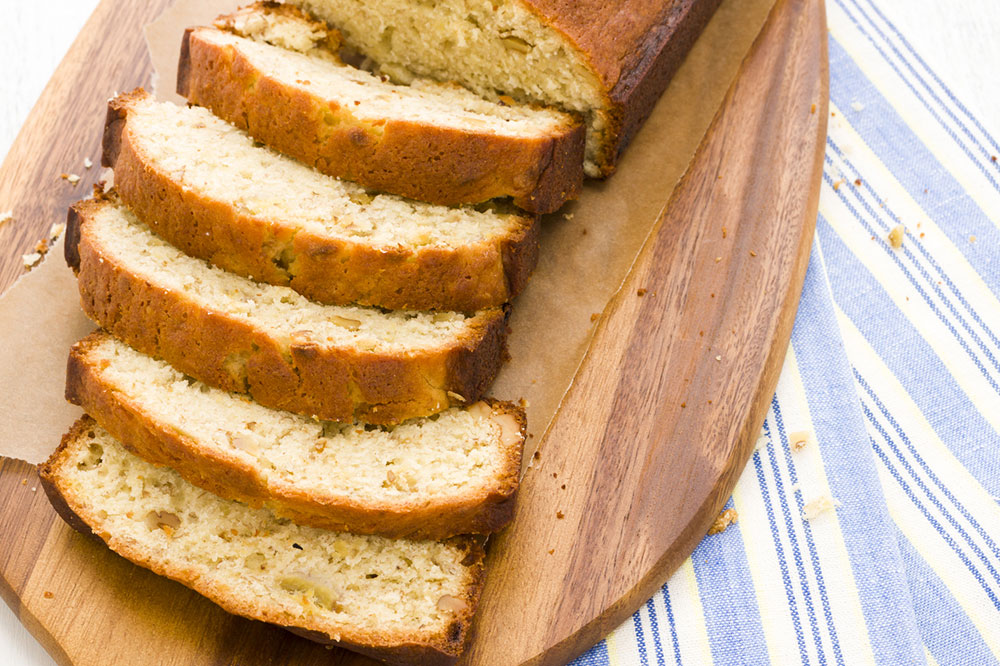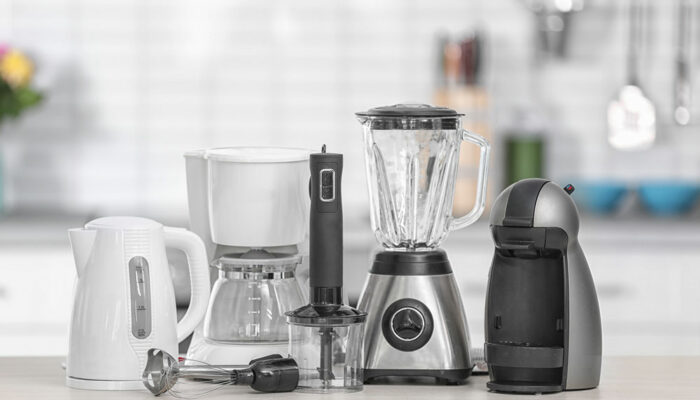
3 Foods to Avoid When Suffering from IBS
Irritable bowel syndrome (IBS) is a health disorder that frequently causes abdominal symptoms, such as cramps, constipation, diarrhea, or bloating. The prime cause of IBS is not clear, but medical experts believe that diet and lifestyle have a vital role to play in this disorder. Certain foods trigger IBS and should be avoided. Let’s find out what those foods are.
Foods to avoid for IBS
1. Insoluble fiber
In general, dietary fiber is good for gut health. It adds bulk to the diet and keeps one satiated for longer. Some foods with high fiber content include fruits, vegetables, and whole grains. In general, there are two kinds of fiber: soluble fiber and insoluble fiber. Usually, plant foods have both soluble fiber and insoluble fiber. However, there are certain foods that have only one type of fiber. Soluble fiber is predominantly found in oat products, fruits, and beans.
On the other hand, insoluble fiber is found in vegetables, wheat bran, and whole grains. These tend to make one feel bloated, and it causes stomach pain. Usually, fiber tolerance varies among people. In some people, the insoluble fiber food items aggravate the symptoms, but in others with IBS, these may cause no issue. Thus, it is recommended to try the elimination diet. If it does negatively impact one’s health, they should keep insoluble fiber out of their diet.
2. Milk
Milk and other foods, such as ice cream and cheese, have lactose in them. They even lead to bloating and gas in people who may be lactose intolerant. Approximately 70 percent of people do not produce the requisite amount of lactose worldwide. Lactose is an intestinal enzyme, which is responsible for breaking down the sugar in the milk. When the small intestine does not absorb the lactose, the undigested lactose makes its way to the colon, where bacteria ferment. This leads to a gassy and bloated feeling.
3. Gluten
Gluten comprises proteins that are found in grains, such as barley, wheat, and rye. This may lead to some issues for people who have IBS. In some people with celiac disease, the immune system is triggered by gluten consumption, while others may have a gluten intolerance. The two conditions have common symptoms—diarrhea-predominant IBS.
Celiac is an auto-immune health disorder. It hampers the intestinal cells and leads to poor nutrient absorption. The causes of this condition are not clear. However, a 2015 study has stated that opting for a gluten-free diet can help relieve the IBS symptoms in approximately 50 percent of people with this condition. Doctors usually recommend the elimination diet. However, if the elimination diet does bring in a positive impact, gluten should not be consumed.
So, these are some foods to avoid for IBS. Removing these items from the diet will help one manage the condition effectively.



